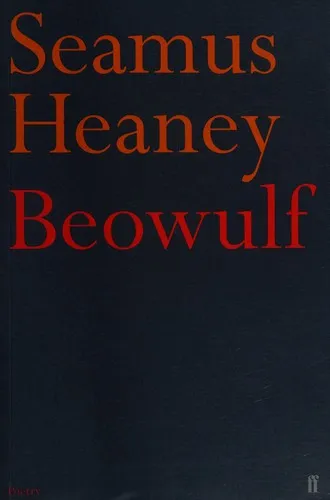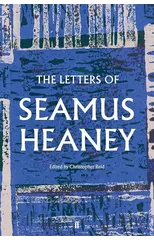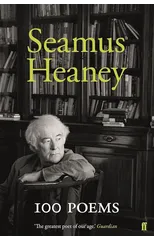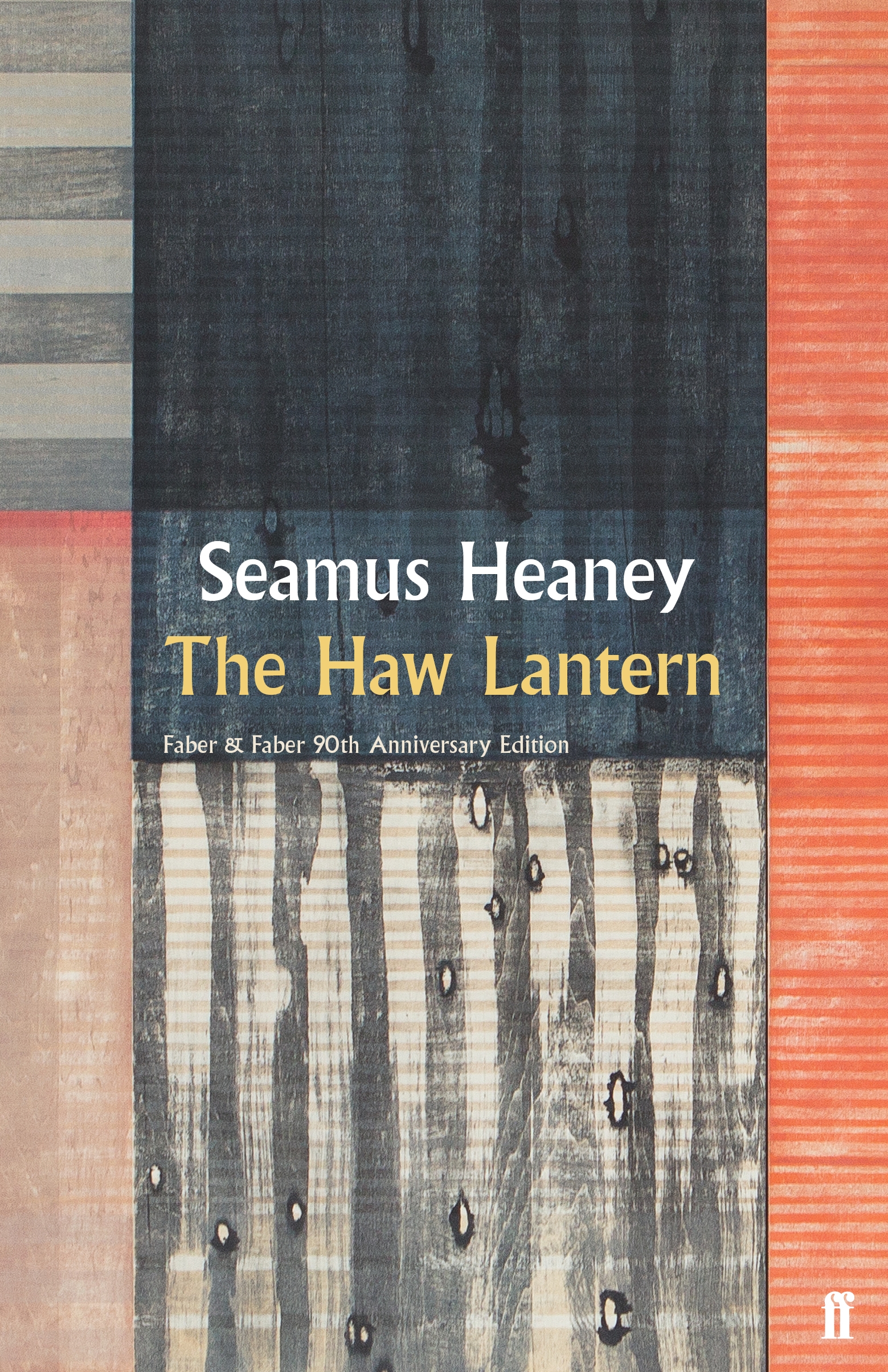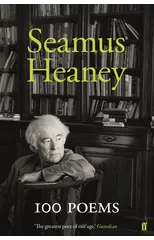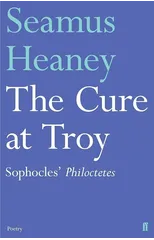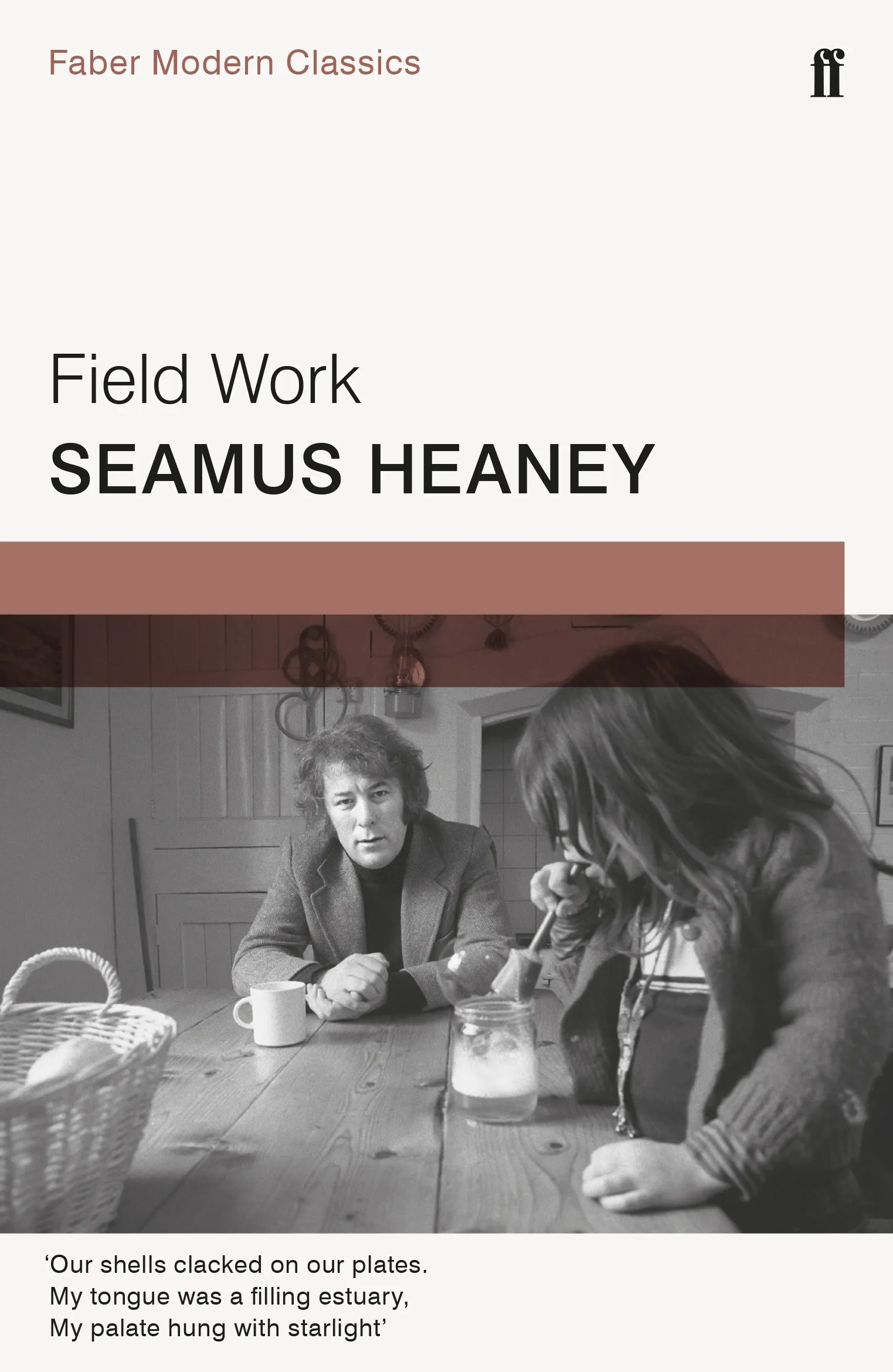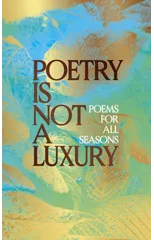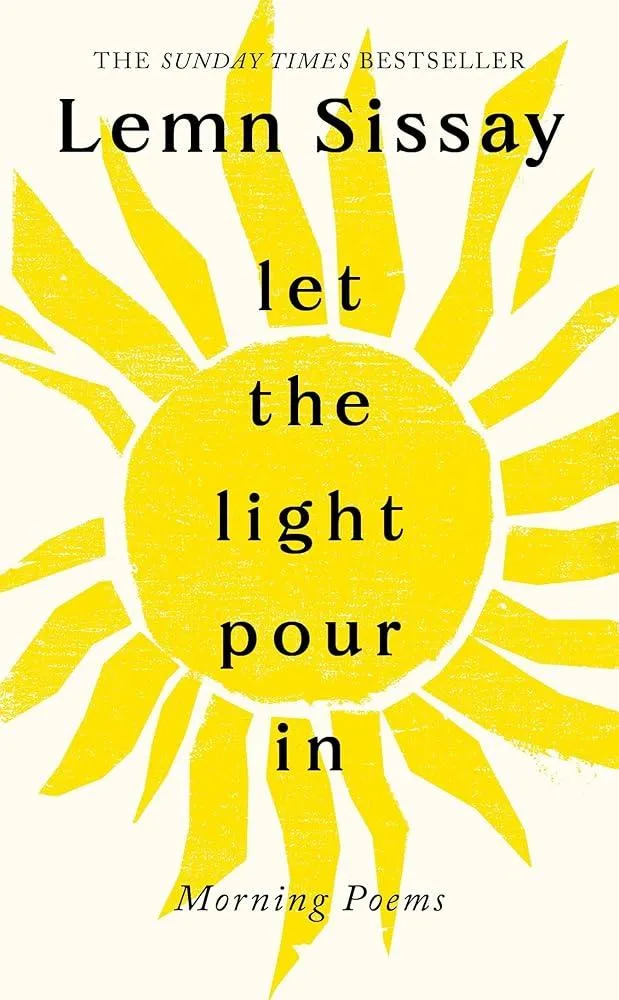Composed towards the end of the first millennium, the Anglo-Saxon poem Beowulf is one of the great Northern epics and a classic of European literature. In his new translation, Seamus Heaney has produced a work which is both true, line by line, to the original poem, and an expression, in its language and music, of something fundamental to his own creative gift. The poem is about encountering the monstrous, defeating it, and then having to live on, physically and psychically exposed, in that exhausted aftermath. It is not hard to draw parallels between this story and the history of the twentieth century, nor can Heaney's Beowulf fail to be read partly in the light of his Northern Irish upbringing. But it also transcends such considerations, telling us psychological and spiritual truths that are permanent and liberating.
Seamus Heaney
Seamus Heaney (1939-2013) was an Irish poet, playwright, translator, and lecturer, known for his lyrical and evocative works that often explored themes of nature, history, and Irish identity. Heaney's most notable works include "Death of a Naturalist," "North," and "The Haw Lantern." His poetic style is characterized by its attention to detail, vivid imagery, and musical language.
Heaney was awarded the Nobel Prize in Literature in 1995 for his "works of lyrical beauty and ethical depth, which exalt everyday miracles and the living past." He is considered one of the greatest poets of the 20th century and has had a significant impact on contemporary poetry, particularly in the genre of Irish literature.
His most famous work is the collection "Death of a Naturalist," which explores the complexities of human experience through the lens of the natural world. Heaney's contributions to literature have left a lasting legacy, inspiring generations of poets and readers alike.
